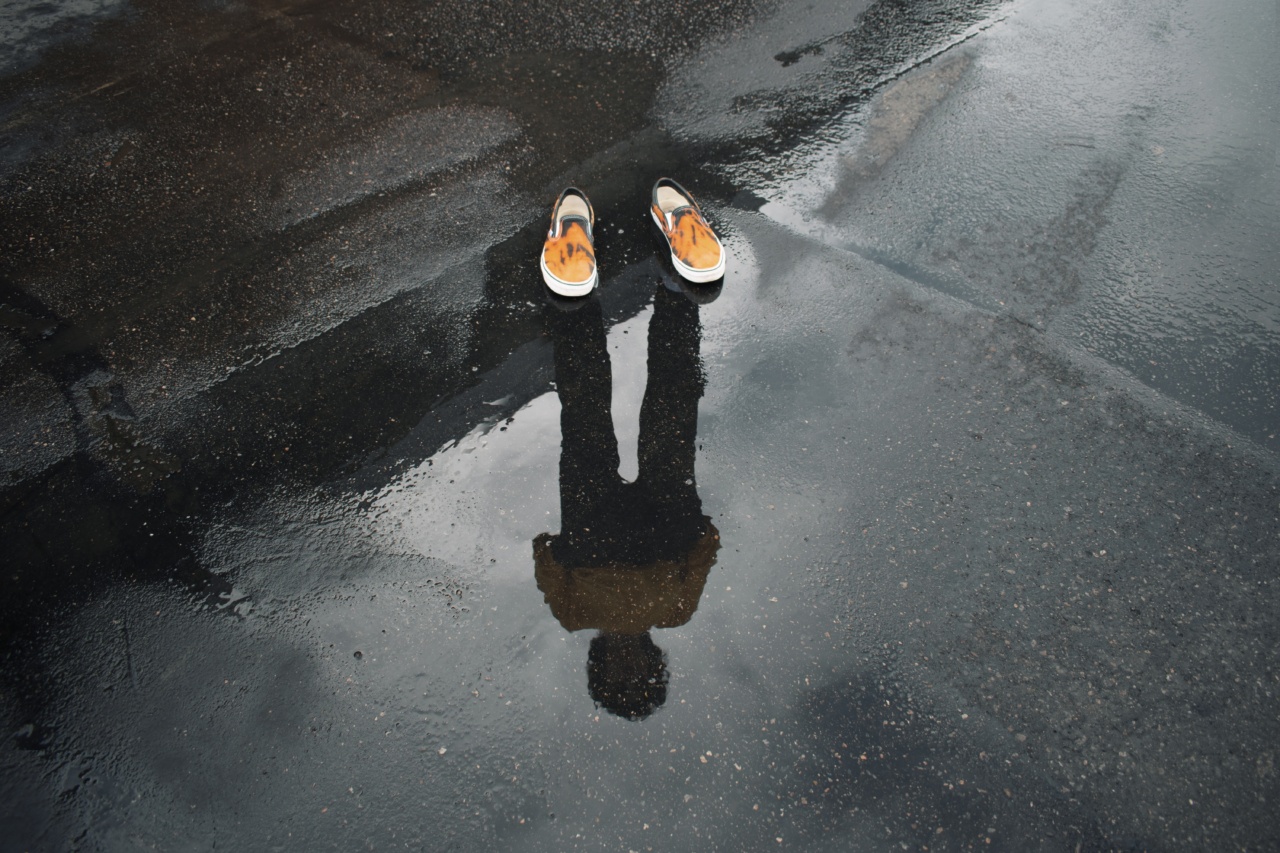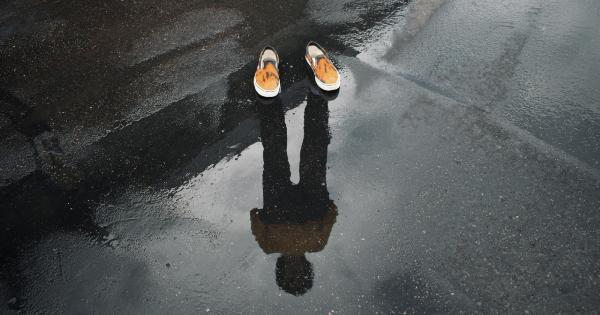Sleep is essential to maintaining a healthy body and mind. However, many people suffer from poor sleep quality, which can lead to a range of health problems. One of the factors that can affect sleep quality is cold legs.
In this article, we will explore the link between cold legs and sleep quality and offer tips on how to minimize discomfort and promote restful sleep.
What causes cold legs?
Cold legs can be caused by a host of factors, including poor circulation and nerve damage. Here are some of the most common causes of cold legs:.
Peripheral artery disease
Peripheral artery disease (PAD) is a condition that occurs when blood vessels become narrowed or blocked, preventing adequate blood flow to the legs. This can cause pain, numbness and coldness in the legs.
PAD is more common in older adults, smokers, and people with high blood pressure or high cholesterol.
Raynaud’s disease
Raynaud’s disease is a disorder that causes blood vessels in the hands and feet to constrict, limiting blood flow to these areas.
This can cause the fingers and toes to feel cold and numb, and in severe cases, may cause skin damage or tissue death. Raynaud’s disease is more common in women and people who live in cold climates or work with vibrating tools.
Diabetes
People with diabetes may experience poor circulation due to damage to the blood vessels and nerves. This can cause the legs to feel cold, numb, or painful.
Diabetic neuropathy can also cause muscle weakness and cramps, making it difficult to sleep at night.
Hypothyroidism
Hypothyroidism is a condition in which the thyroid gland doesn’t produce enough thyroid hormone. This can slow down metabolism, leading to cold intolerance. Cold legs can be one of the symptoms of hypothyroidism.
How do cold legs affect sleep quality?
When cold legs prevent you from falling asleep or wake you up during the night, it can lead to a range of sleep disturbances, including:.
- Insomnia: difficulty falling or staying asleep
- Restless legs syndrome (RLS): a strong urge to move your legs, often accompanied by discomfort, tingling, or crawling sensations
- Periodic limb movement disorder (PLMD): involuntary jerking movements of the legs during sleep, which can wake you up or prevent you from falling back asleep
- Sleep apnea: a disorder in which breathing repeatedly stops and starts during sleep, leading to poor sleep quality and fatigue during the day
In addition to these sleep disorders, cold legs can also cause general discomfort, restlessness, and anxiety, all of which can contribute to poor sleep quality.
Minimizing cold legs for better sleep
If you suffer from cold legs at night, here are some tips to help minimize discomfort and improve your sleep quality:.
Exercise regularly
Regular exercise can help improve circulation and reduce the risk of PAD and RLS. Aim for at least 30 minutes of moderate-intensity exercise most days of the week.
Exercises that focus on leg strengthening, such as squats and lunges, can be particularly helpful.
Avoid caffeine and nicotine
Caffeine and nicotine can constrict blood vessels, exacerbating poor circulation. Avoid consuming these substances for at least a few hours before bed.
Keep your bedroom warm
A warm bedroom can help prevent cold legs and promote restful sleep. Set your thermostat to a comfortable temperature, or use a space heater to warm up the room before bedtime.
Elevate your legs
Raising your legs can help improve circulation and reduce discomfort. Try propping your legs up with a pillow, or using a leg wedge pillow designed specifically for this purpose.
Use compression socks
Compression socks can help improve circulation by applying pressure to the legs. This can be particularly helpful for people with PAD or diabetes.
Compression socks are available in a range of styles and compression levels, so talk to your doctor about which type is best for you.
Conclusion
Cold legs can be a frustrating and uncomfortable condition that can negatively impact sleep quality.
By understanding the causes of cold legs and utilizing the tips we’ve outlined, you can minimize discomfort and promote restful sleep for a healthier body and mind.































